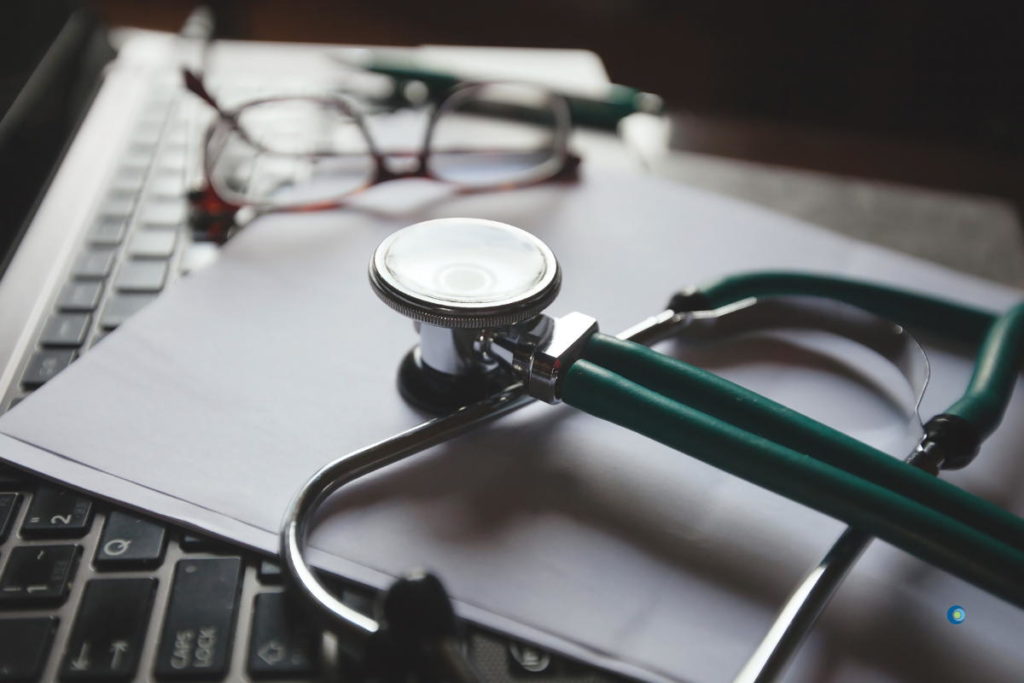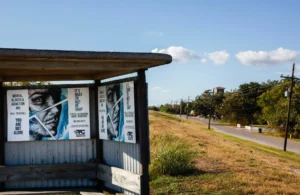Home »

Update on monkeypox and vaccinations in New Orleans
Last updated Thursday, October 20.
After October, CrescentCare will no longer offer monkeypox vaccinations for the general public. CrescentCare patients will still be able to schedule a vaccination with their primary care provider. For all others, call 211 or visit the Louisiana Department of Health’s monkeypox page for alternate vaccination providers.
Vaccinations:
For an appointment, call us at 504-821-2601.
Vaccine eligibility greatly expanded on August 31 and now includes anyone living with HIV, people on PrEP, those who work in high-touch jobs (including performers, bartenders, massage technicians, dancers, etc.), those who work in hotels, are experiencing homelessness, use intravenous drugs, give or receive goods or money in exchange for sex, and gay/bi men, transgender, or nonbinary people with more than one partner.
Testing:
If you have any new lesions, sores, or rashes, contact your primary care provider right away to get tested. If your primary care provider is at CrescentCare or you don’t currently have a provider, we can help. Call us at 504-821-2601 for testing information. The test involves swabbing lesions, so you must have lesions present in order to be tested.
While awaiting your results, please follow the Louisiana Department of Health isolation guidelines.
About monkeypox:
Monkeypox is a rare disease caused by a virus that is related to smallpox, but far less deadly. The main symptoms are a rash, which is seen in all who are affected, and sometimes fevers, chills, and aches.
Starting in May 2022, cases were reported in countries where monkeypox had not been seen before, raising the alarm to the global community. Cases have been reported in almost every state of our country and were growing in number through the summer. Monkeypox is spread through close, intimate contact with others who have the infection through prolonged face-to-face contact (e.g. kissing), direct contact with the rash, or through contact with items like clothes and linens that were exposed to the rash.
A rash or sores may appear anywhere on the body, but are most common on or near the hands, genitals, anus, and face. They are considered infectious from the time people feel symptoms until the rash heals completely with a fresh layer of skin. On average, this takes 2-4 weeks. To date, the majority of cases have been reported in gay, bisexual, and other men who have sex with men (MSM). However, monkeypox can affect anyone.
How to prevent monkeypox:
Discuss monkeypox openly with partners, ask about any new rashes or sores, and consider the greatly elevated risk when engaging in group or anonymous sexual encounters. Stay informed about symptoms and follow guidelines for testing and isolation if you have any new rashes or sores on your body.
Published: Jul 13, 2022



